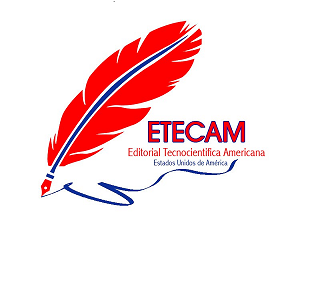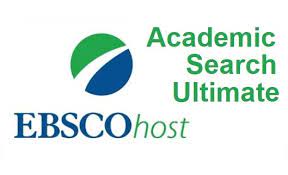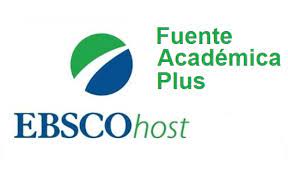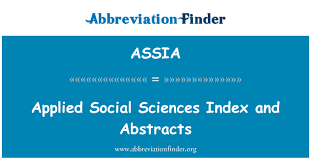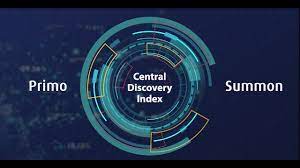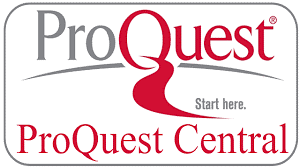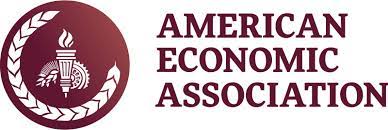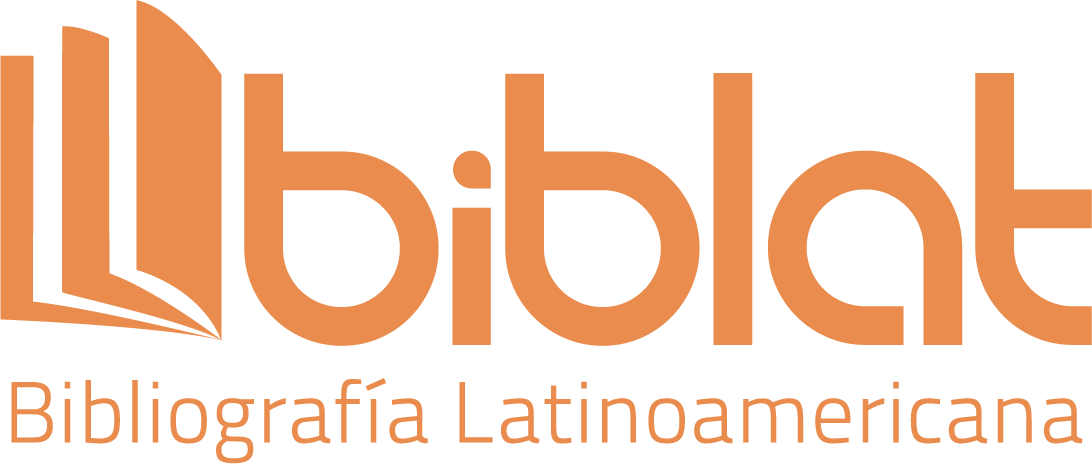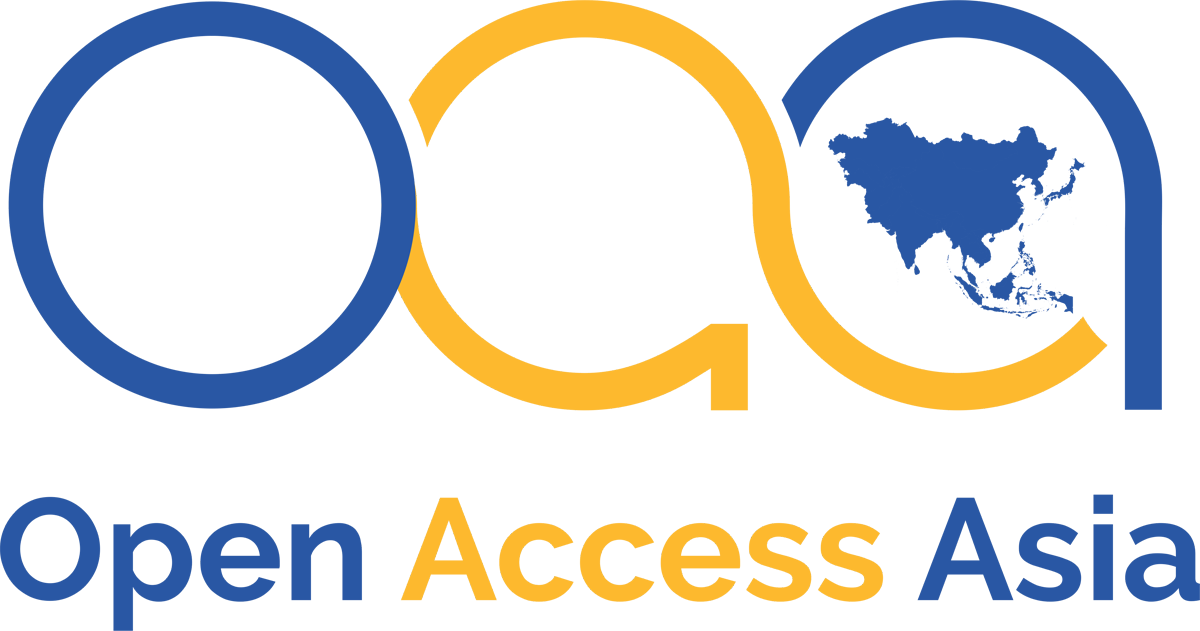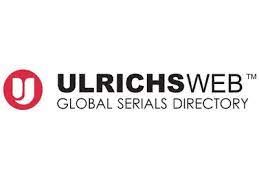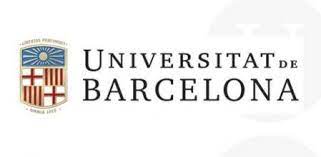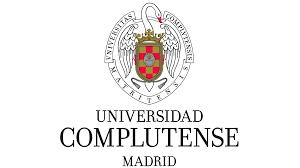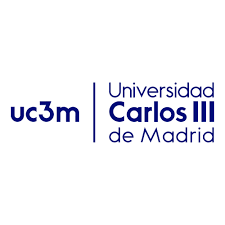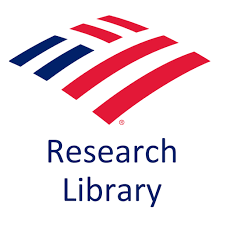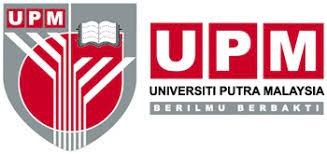Coordinates of the popular festival for an artistic education of its own
DOI:
https://doi.org/10.51736/sa.v7iEspecial%204.296Keywords:
theater, arts education, popular festivities, dialogue of knowledgeAbstract
This text proposes, in the first instance, a reflection on the contributions of popular festivities and carnival to the strengthening of theatrical identity in Colombia and, in a second part, its contributions to artistic education. The aim is to deepen the understanding of the elements of festive culture present in theatrical performances and their possible articulations and interrelations with artistic education processes. The following references are taken: i) three works of Colombian popular theater, by three highly recognized creators, Misael Torres, Juan Carlos Moyano and Críspulo Torres, who have inquired into festive culture, by covering popular festivals, carnival and other traditional manifestations, with the purpose of recognizing in these works part of what constitutes us as a society; our imaginaries expressed in characters, plots, stories, as well as the emergence of methodologies for stage creation; ii) two examples of training projects in formal and non-formal contexts, of academic programs based on popular and festive culture, to create pedagogical proposals based on the recognition of the knowledge immersed in festivals and the possibility of sparking dialogues of knowledge: the Popular Institute of Culture of Cali and the Department of Performing Arts of the Antonio Nariño University. In conclusion, the contributions of festive culture to popular theater and the multiple possibilities generated by its integration in artistic education processes are presented.
Downloads
References
Abad, C. (2021). La educación artística como promotora de conciencia crítica.
Bindé, J. (2002). La educación artística: un desafío a la uniformización. Perspectivas, 124(4), 1-182.
Colciencias. (1994). Colombia al filo de la oportunidad. Misión Ciencia, Educación y Desarrollo.
Correa, S. A. S. (2012). Regiones, etnicidad y literatura en Colombia: Lecturas abiertas de Manuel Zapata Olivella. Lingüística y Literatura, (61), 89-106.
Duque, C. (2017). El teatro popular y festivo en Colombia: Domitilo el rey de la rumba.
Garavito, J. (1997). En busca de una identidad cultural colombiana: Changó, el gran puta de Manuel Zapata Olivella. Thesaurus: Boletín del Instituto Caro y Cuervo, 52(1-3), 320-329.
Llamosa, C. L. (2016). La re-significación y re-simbolización del mito del diablo en la obra de Misael Torres: Trilogía del diablo a la luz de la cultura popular y tradición colombiana.
Llerena, A. (2020). XXXII Congreso Internacional ALAS Perú 2019. Hacia un nuevo horizonte de sentido histórico de una civilización de vida. https://sociologia-alas.org/wp-content/uploads/2021/06/GT12_A_Dossier_compressed.pdf
Minciencias. (2020). Equidad, Educación y Desarrollo. Misión de Sabios. https://minciencias.gov.co/sites/default/files/upload/paginas/vol_5_version_4.pdf
Ministerio de Educación Nacional (MEN). (2022). Orientaciones curriculares para la educación artística y cultural en Educación Básica y Media.
Posada, J. J. y Rozo, A. C. (2023). Prácticas pedagógicas interculturales: un estudio etnográfico en escuelas multiculturales de Bogotá. Revista Latinoamericana de Estudios Educativos, 53(3), 71-95.
Sinisterra, L. y Barbosa, J. (2015). Los procesos de modernización y la creación del Instituto Popular de Cultura (IPC): una aproximación a la formación artístico-cultural en Cali, 1947-1971. Universidad del Valle.
Torres, C. (1994). Teatro contemporáneo colombiano (Tres obras). Domitilo: El Rey de la Rumba (Comedia de juglares). Ediciones Saltar la Piedra. Taller Tres Hojas.
Torres, M. (noviembre de 2012). Ensamblaje Teatro 28 años. Ministerio de Cultura.
Torres, M. (2016). Dramaturgia del teatro abierto. La Zebra. https://lazebra.net/2016/08/01/misael-torres-dramaturgia-del-teatro-abierto/
Unesco. (2006). Hoja de ruta para la educación artística. Conferencia mundial sobre la educación artística: Construir capacidades creativas para el siglo XXI.
Unesco. (2022). Propuestas para la educación artística: orientaciones de política pública.
Unesco. (2024). Marco para la educación cultural y artística.
Zapata, M. (1978). Materiales para la historia de un teatro colombiano. Instituto Colombiano de Cultura.
Zapata, M. A. (2019). Changó, el gran putas.
Published
How to Cite
Issue
Section
License
Copyright (c) 2024 Francisco Alexánder Llerena Avendaño, Humberto Parga Herrera

This work is licensed under a Creative Commons Attribution-NonCommercial-ShareAlike 3.0 Unported License.













